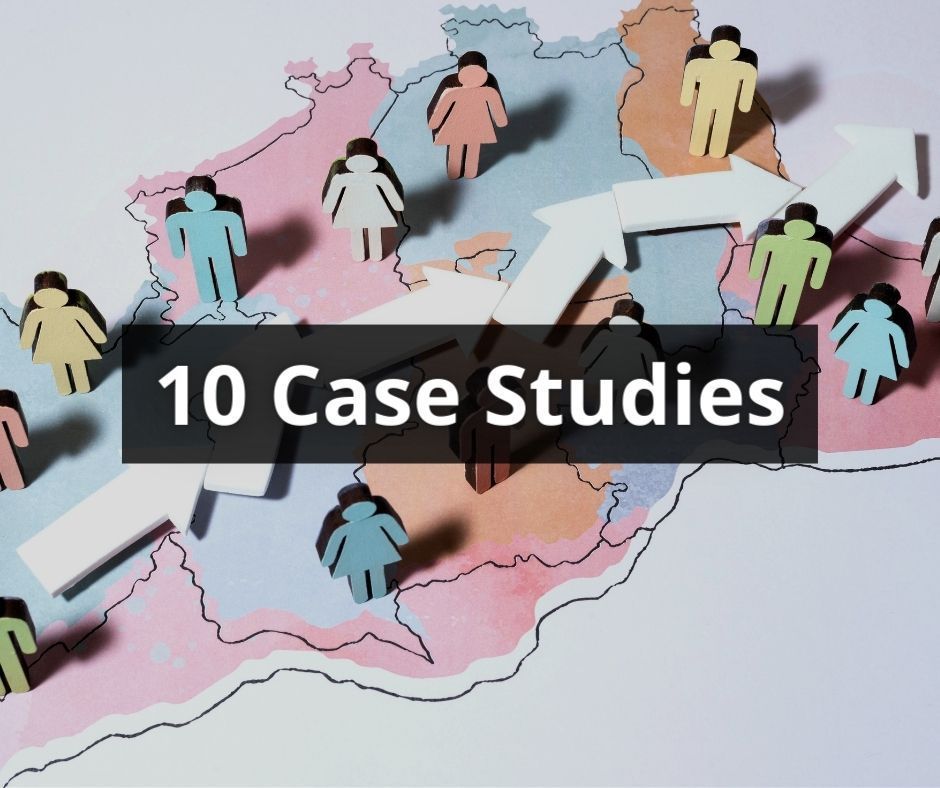Articles
THE SEHEME CASE STUDIES BOOKLET
16 November, 2022

By Anabela Mateus and Ana Cunha from Lusófona University
The third activity being developed under WP2 of the SEHEME project is the SEHEME case studies booklet.
This booklet containing 10 case studies of positive migrant stories based in an EU context will be created with each partner institution contributing with 2 case studies. The objective is to collect migrant narratives and demonstrate their positive impact in order to deliver a sense of resonation towards the host society as to break down any social stigmatisation and awkwardness.
The lead partner, Lusófona University – COFAC, developed a research plan proposal that provides the theoretical framework (based on three research pillars, namely Diversity-driven Research, Narrative Research and Action Research) for the different stages of the work with detailed explanations and indication of different documents to be produced and used by the partners.
The first step will be to create a network of partner institutions (each SEHEME partner will indicate 5 institutions) that develop work with migrants and refugees in each of the consortium countries. These institutions will help disseminating a call for participants so that the consortium partners will be able to identify and select the participants that will be interviewed and tell their stories. Therefore, Lusófona University – COFAC produced a call for participant institutions template and a call for individual participants template to be used by all the consortium partners.
After identifying and selecting the participants with the help of the institutions network, interviews will take place to collect the success stories of the participants (young refugees and migrants). To this end, Lusófona University – COFAC prepared and Informed Consent Form in which participants will be informed about the project and agree to participate in the project. Two other documents were also prepared, namely the Structure and the Guidelines for the Interviews in which all information and many details related to the structure of the interviews and relevant guidelines are provided.
The next stage of the activity will be writing the case studies and for that, partners have received the relevant guidelines, namely formatting details, number of words, among others, and the final stage will be the translation of the case studies into the different languages of the consortium partners.
We do hope that the SEHEME case studies booklet will fulfil its purpose of giving visibility to migrants and refugees and helping host societies change the way they look at the new comers by showing that they can be successful people that contribute to building a better society.
